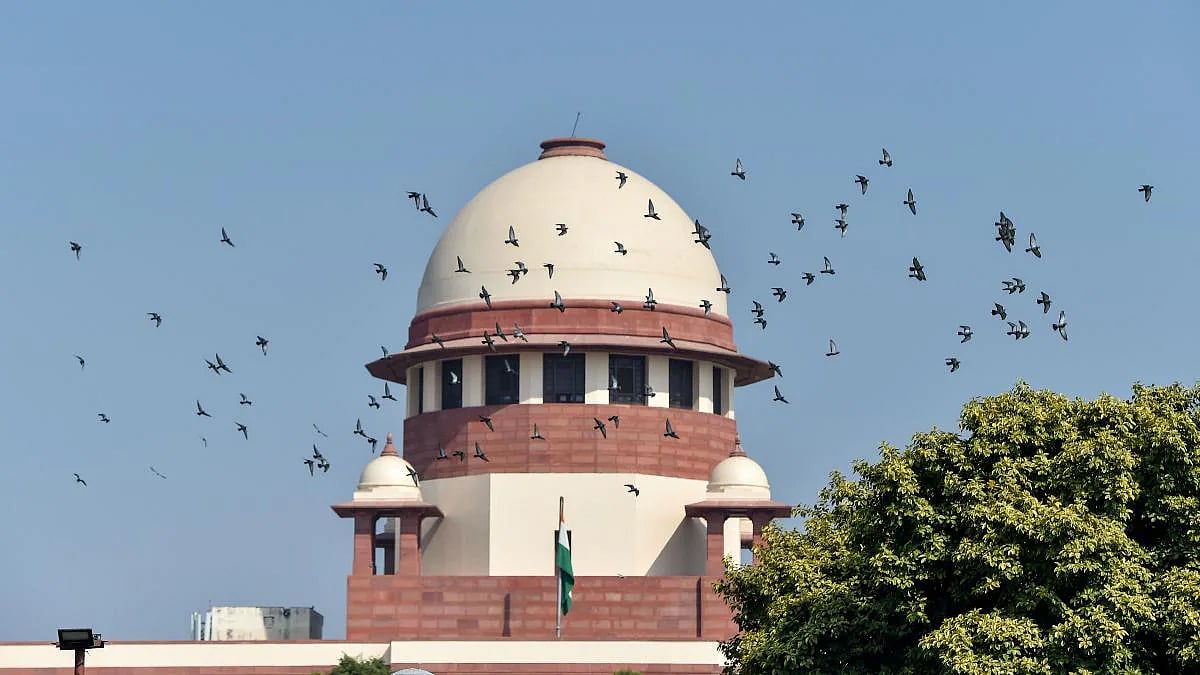New Delhi: The Supreme Court on Wednesday refused to entertain a petition seeking to direct and declare that the Centre can enact only uniform law for Trust and trustees, charities and charitable institutions, and religious endowments and institutions.
A bench headed by Justice DY Chandrachud, however, granted liberty to the petitioner to pursue any remedy as available in law.
Thereafter, the petitioner Ashwini Kumar Upadhyay withdraw his petition.
During the hearing, the Court remarked that no court can issue any direction to the parliament to enact a law and the petitioner is seeking a common law for all trusts, which is a matter within parliament's domain, and the Court cannot directly on this aspects.
The Court also remarked that if the petition is aggrieved by provisions of law then he can challenge it.
Ashwini Kumar Upadhyay, in his petition, has sought to direct and declare that the Centre can enact only Uniform Law for Trust and Trustees, Charities and Charitable Institutions, and Religious Endowments and Institutions as enumerated in Item 10 and 28 of the List-III Seventh Schedule in consonance with Articles 14-15, and can't make separate law for Waqf and Waqf properties.
The petitioner also sought to direct and declare that Sections 4, 5, 6, 7, 8, 9 of the Waqf Act, 1995 are manifestly arbitrary, irrational and offend Articles 14-15 of the Constitution of India, hence void and inoperative or alternatively, direct & declare that the dispute relating to religious properties between two communities shall be decided by Civil Court only under Section 9 of Civil Procedure Code, and not by Tribunal.
The petitioner sought to direct the Centre or Law Commission to draft a 'Uniform Code for Trust-Trustees and Charities-Charitable Institutions' in the spirit of Articles 14-15 and publish it on the website for the public debate-feedback.






